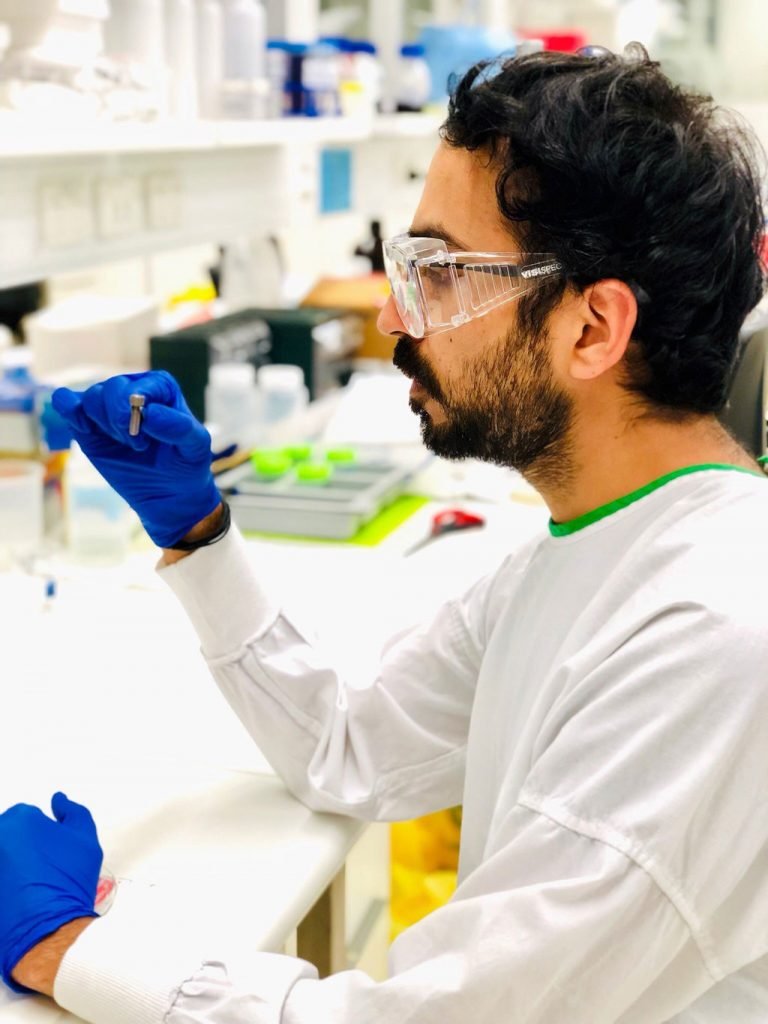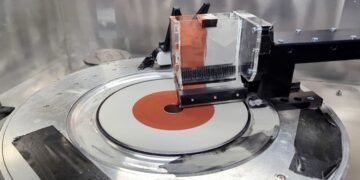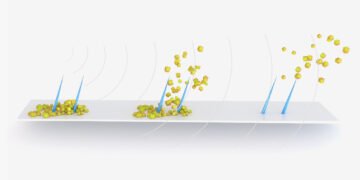
Dr Karan Gulati, NHMRC Early Career Fellow from the UQ School of Dentistry, said modifying dental implants with ‘nanopores’ will help protect against one of the leading causes of implant failure.
“Poor integration between the implant and the surrounding tissue is one of the leading causes of dental implant failure,” Dr Gulati said.
“If the sealing between the implant and the surrounding gum tissue fails, it can result in bacteria entering the implant and causing infection.
“Our simple solution is the fabrication of nanopores—which are tiny nano-scale holes of just 40 to 80 nanometres in diameter—to cover the entire surface of the implant.
Dr Gulati and colleagues—their proof of concept study is published in Materials Science and Engineering: C—found that soft-tissue cells attach well onto the nanopores, resulting in better soft-tissue seal formation.
“We can also control the cell functions to achieve a more enhanced soft-tissue integration,” he said.
Dr Gulati is hopeful that human trials will begin next year.
“We have optimised the protocols and the therapies, now we are ready to turn the research into reality,” he said.


































